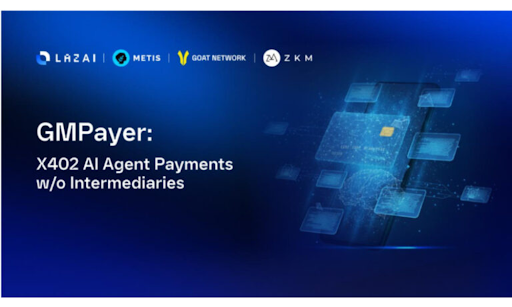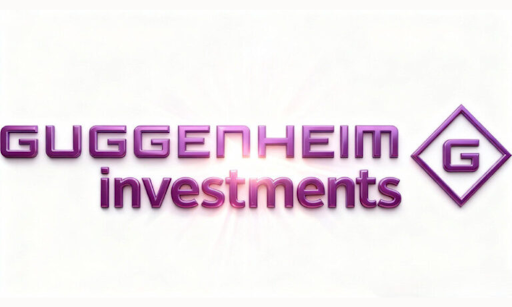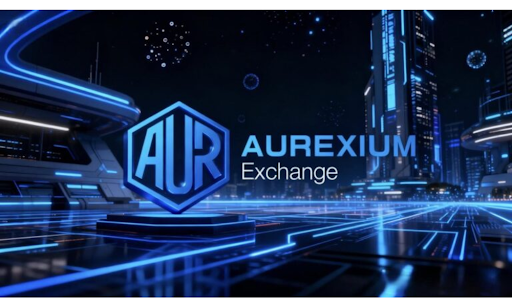Uniswap's Unichain Launch Shows DAO Votes Are Just Theater

When Uniswap Labs launched Unichain without asking UNI token holders, they exposed what many suspected: DAO governance is often just a facade for centralized decision-making.
On October 11, Uniswap Labs rolled out their Unichain testnet. They didn't consult the DAO. They didn't seek approval. They just did it.
Why? Because they could.
The move sparked predictable outrage from DAO delegates. Stanford Crypto's governance head Billy Gao complained about being "left out of the loop." But the real story isn't about hurt feelings - it's about power.
The system is designed for this outcome. Protocol founders and investors hold both company equity and governance tokens, but only equity matters. While token holders can vote on minor protocol tweaks, the company shareholders control development, treasury and strategic decisions. When they want to launch something like Unichain, they don't need permission - they own the company that builds it.
Many DAOs exist primarily to help protocols pass the Howey test. By avoiding direct revenue distribution to token holders while maintaining technical control through governance, projects can argue their tokens aren't securities. It's regulatory arbitrage dressed up as decentralization.
DAOs were supposed to democratize protocol governance. Instead, many have become exercises in decentralization theater. Token holders get to vote on minor parameters while founders and investors make the real decisions.
The Unichain launch isn't a scandal - it's just an unusually clear glimpse of how things really work.
Your governance tokens might give you a vote, but they don't give you power. Those who control the equity still control the future.





